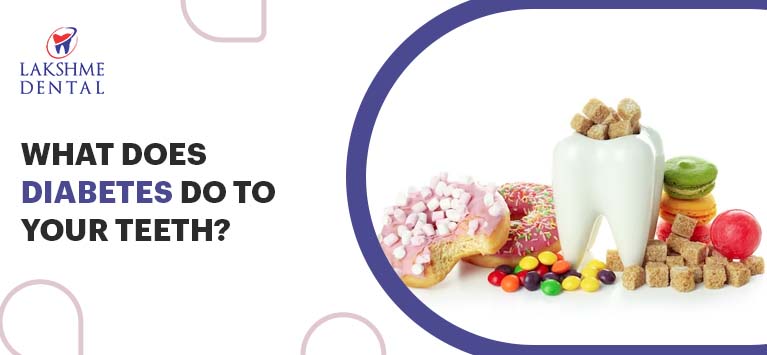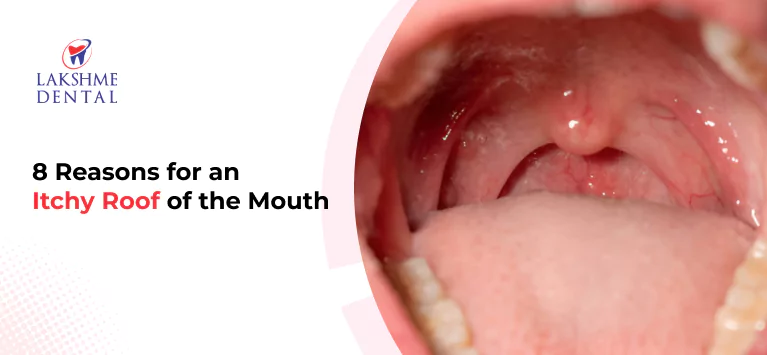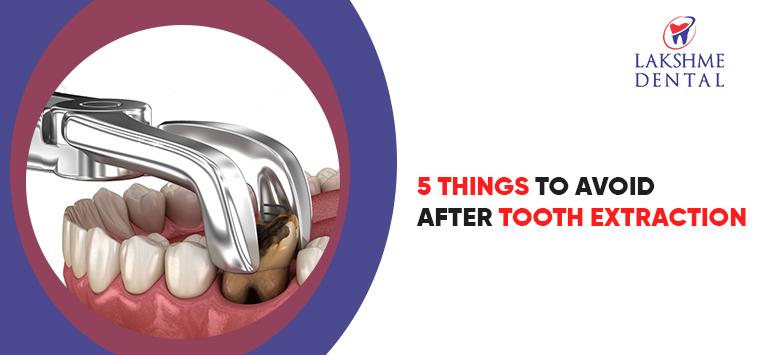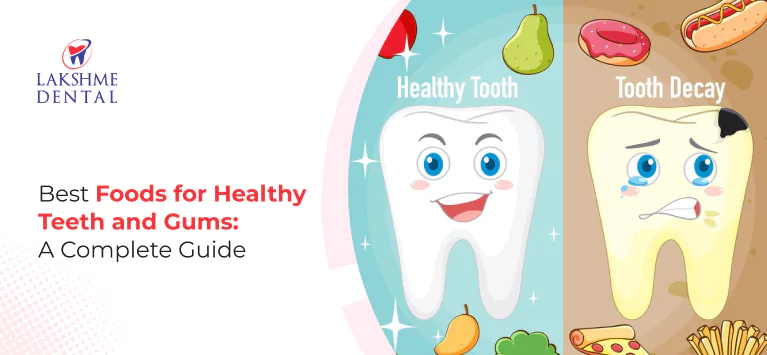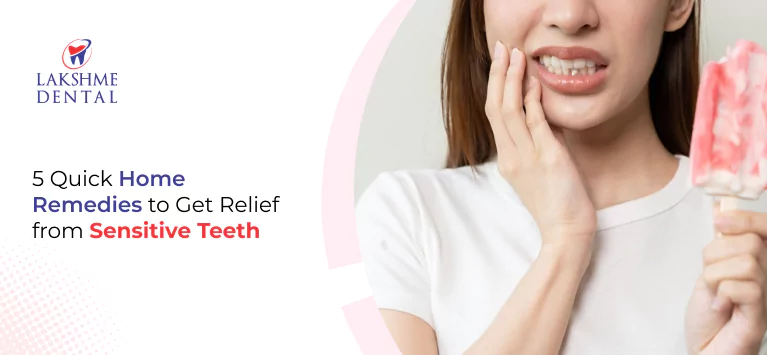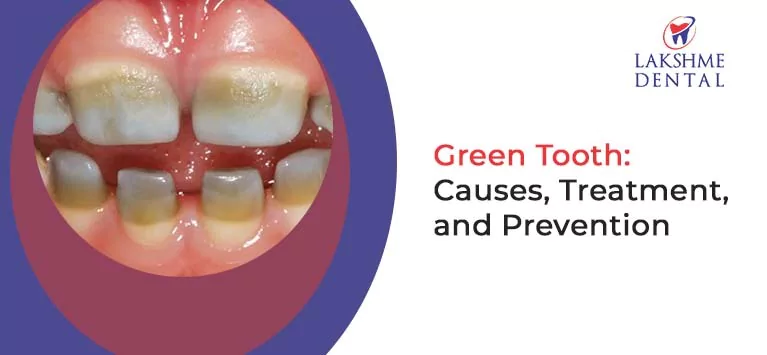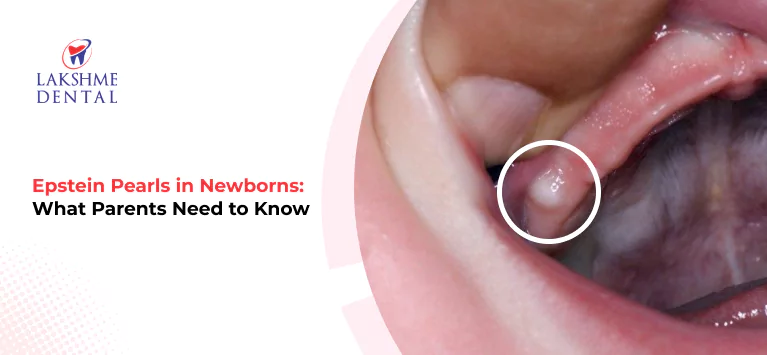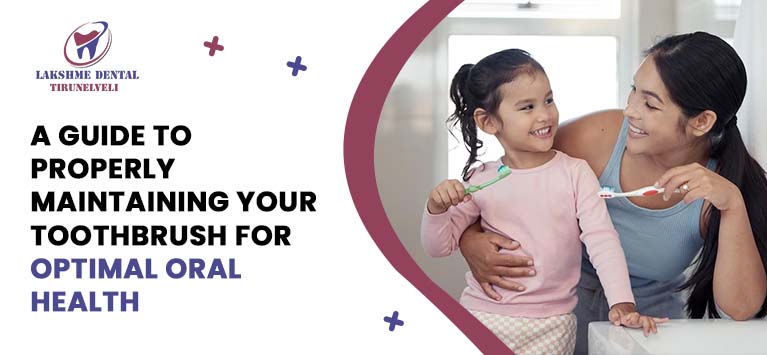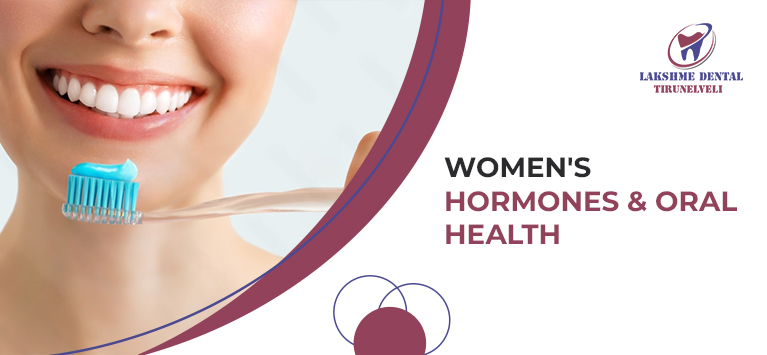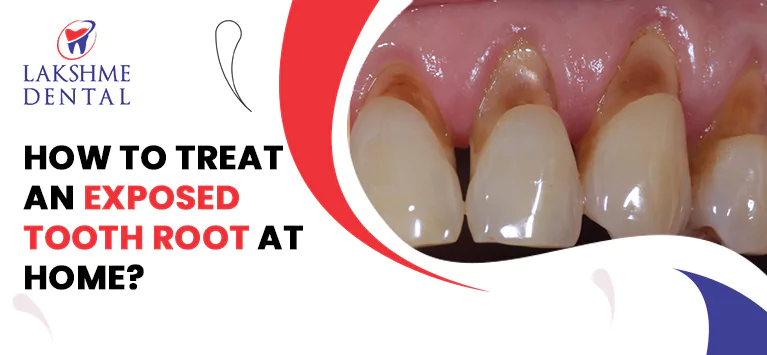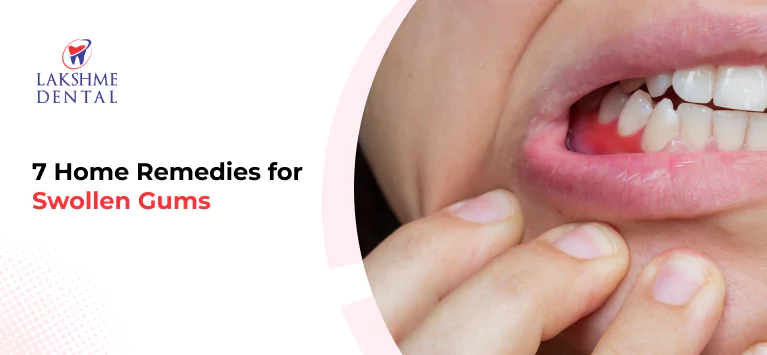
7 Home Remedies for Swollen Gums
Swollen gums are often painful and uncomfortable. Your gums may feel tender and inflamed and cause noticeable swelling.
Swollen gums are usually a sign of an underlying issue with gum health. While gum disease can be one possible cause, other factors such as hormonal changes, poor nutrition, ill-fitting dentures, toothpaste irritations, and medication side effects are more commonly linked to gum pain, soreness, and inflammation.
Regardless of the cause, it’s important to address gum infections promptly, as healthy gums are essential for overall well-being.
Home Remedies for Swollen Gums
If you’re dealing with swollen gums, several effective home remedies can help alleviate discomfort and promote healing. While these remedies can be beneficial, they are effective when used alongside professional dental care rather than as a substitute. Here are seven simple at-home solutions to consider.
Saltwater Rinse
Dissolve salt in a glass of warm water and use it as a mouth rinse several times a day. Saltwater is a natural antibacterial agent that helps reduce inflammation, cleanse the mouth, and promote healing. It can also help draw out fluid from swollen tissues.
Baking Soda Paste
Create a paste by mixing baking soda with water and apply it to your gums. Leave it on for a few minutes and rinse quickly. Baking soda helps neutralize mouth acids, reduces plaque buildup, and serves as a gentle exfoliant to remove dead cells and bacteria from the gum line.
Aloe Vera Gel
Place fresh aloe vera gel directly to the affected gums. Wait for about 30 minutes and rinse. Aloe vera has anti-inflammatory and antibacterial properties that can soothe swollen gums, reduce pain, and accelerate healing.
Turmeric Paste
Apply turmeric paste to your gums and leave it for 10-15 minutes before rinsing. Turmeric contains curcumin, a powerful anti-inflammatory compound that helps reduce swelling and fights bacteria.
Tea Tree Oil
Dilute a few drops of tea tree oil in a carrier oil (like coconut oil) and apply it to the affected gums. Alternatively, you can add it to your toothpaste. Tea tree oil has strong antibacterial and antifungal properties, which can help combat infection and reduce inflammation.
Hydrogen Peroxide Rinse
Mix hydrogen peroxide and water and use the solution to rinse your mouth for about 30 seconds before spitting it out. Hydrogen peroxide acts as a disinfectant, helping to kill bacteria in the mouth and reduce inflammation. However, avoid swallowing this solution.
Cold Compress
Wrap ice in a clean cloth or use a cold pack and apply it to the outside of your cheek for 10-15 minutes at a time. Cold compresses can numb the area, reduce swelling, and alleviate pain associated with inflamed gums.
Symptoms of Swollen Gums
Swollen gums may present with several symptoms, including:
- Red, inflamed gums
- Tenderness or pain in the gums
- Bleeding while brushing or flossing
- Bad breath (halitosis)
- Loose teeth (in advanced cases)
- Receding gums
- Difficulty chewing or swallowing
Causes of Swollen Gums
Gum Disease (Gingivitis and Periodontitis)
Gum disease is the leading cause of swollen gums. Gingivitis is the early stage, characterized by inflammation due to plaque buildup. If untreated, it can progress to periodontitis, leading to more severe symptoms and potential tooth loss.
Poor Oral Hygiene
Inadequate brushing and flossing can lead to plaque buildup, which irritates the gums and causes them to swell. Neglecting regular dental check-ups can also exacerbate this issue.
Hormonal Changes
Fluctuations in hormones, particularly during menstruation, pregnancy, or menopause, can increase blood flow to the gums, making them more sensitive and prone to swelling.
Nutritional Deficiencies
Lack of essential vitamins, particularly vitamin C (scurvy), can lead to swollen gums. A deficiency in other nutrients, such as vitamin B12, can also impact gum health.
Infections
Oral infections, including abscesses or herpes simplex virus, can lead to inflammation and swelling of the gums.
Allergic Reactions
Allergies to dental products, certain foods, or medications can cause localized swelling in the gums.
Systemic Conditions
Certain medical conditions, such as diabetes or autoimmune diseases, can affect gum health and lead to swelling.
Additional Tips for Maintaining Gum Health
In addition to these home remedies, here are some practical tips to maintain healthy gums and prevent swelling.
Practice Good Oral Hygiene
Brush your teeth twice a day and floss daily to eliminate plaque and food particles trapped between your teeth.
Regular Dental Visits
Schedule regular check-ups and cleanings with your dentist. Professional cleanings effectively eliminate plaque and tartar that regular brushing might overlook.
Balanced Diet
Consume a diet rich in vitamins and minerals. Foods high in vitamin C (like citrus fruits, strawberries, and bell peppers) can support gum health.
Stay Hydrated
Drink plenty of water throughout the day to help wash away food particles and bacteria in the mouth.
Avoid Tobacco Products
Smoking or chewing tobacco can aggravate gum issues. Quitting tobacco can lead to healthier gums.
Limit Sugary Foods
Reduce your intake of sugary snacks and drinks, as they contribute to plaque buildup and gum disease.
Conclusion
Swollen gums can be painful and distressing, but understanding the causes and implementing effective home remedies can provide significant relief. While these remedies can be helpful, it’s essential to consider a professional dental treatment if symptoms persist or worsen. Regular oral hygiene practices and a healthy lifestyle are key to preventing gum issues in the future. Take charge of your dental health today, and say goodbye to swollen gums!

